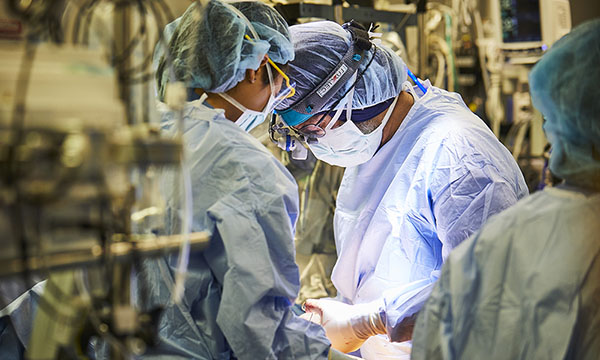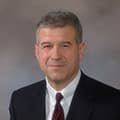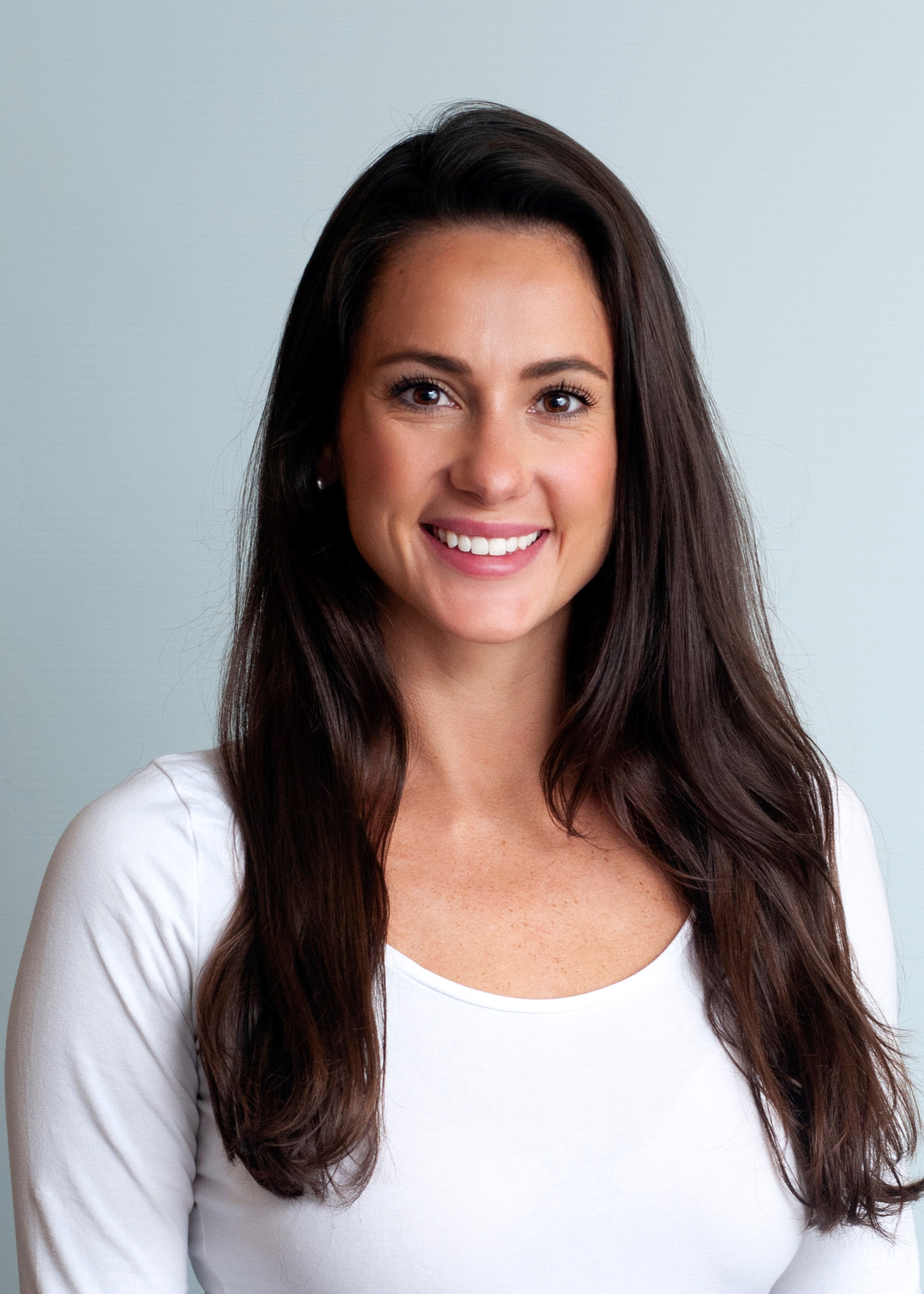Overview
The Adult Cardiac Surgery Fellowship at the Massachusetts General Hospital Corrigan Minehan Heart Center is a one- or two-year fellowship with one-two positions available per year. It is not accredited by the Accreditation Council for Graduate Medical Education (ACGME).
The cardiac fellow will become an expert in managing a complex service. The fellow's primary responsibility will be to evaluate emergency cases at night, both in the emergency room and in the catheterization lab.
Learning Objectives
The fellow will:
- Develop expertise in performing valve and coronary operations.
- Learn how to conduct a preoperative evaluation of emergent and elective patients.
- Develop expertise in the postoperative care and resuscitation of critically ill patients.
Fellowship Requirements
Requirements of the Adult Cardiac Surgery Fellowship include:
- Completion of general surgery training and at least one year of cardiothoracic surgery training
- Completion of all three United States Medical Licensing Examination (USMLE) steps
- Visa eligibility for international applicants
- A valid Educational Commission for Foreign Medical Graduates (ECFMG) certificate for all international medical graduates
- A full or limited Massachusetts medical license (accepted applicants only)
Curriculum
Lectures and Conferences
The fellow will be an active participant in conferences and in teaching the cardiothoracic and general surgery residents. This includes attending and leading weekly case conferences and didactic lectures, monthly morbidity conferences, and periodic invited speaker series.
The fellow can attend one national meeting per year, which will be funded by Mass General.
Teaching Staff
One of the established tenets of the program is to separate cardiac and thoracic surgery into distinct teaching units, i.e., separate nursing units, intensive care units, operating rooms, faculty, and conferences for each service. This allows the fellow to devote his or her time to cardiac surgery, which is taught by individuals that are dedicated to the field.
The fellow will be supervised by the program director and the cardiac surgery faculty in accordance with the institution’s supervision policy, as well as the supervisory policy approved by the Surgical Coordinating Committee.
Evaluation and Feedback
Written evaluations will be done twice a year by the program director with the input of the faculty. The program director will also meet with the fellow at least twice a year to provide formal feedback and career counseling, and to obtain input from the trainee.
Clinical Experience
The cardiac fellow will assist the chief resident in managing the cardiac surgery patients, which is approximately 1,500 patients per year. The fellow will become experienced in overseeing a complex service and will be responsible for evaluating emergency cases at night, both in the emergency room and in the catheterization lab. Experiences in the operating room include:
- Opening and closing the chest
- Cannulating for cardiopulmonary bypass
- Mobilizing the mammary artery
- Performing valve and coronary operations
The fellow will become acquainted with the preoperative evaluation of emergent and elective patients and also gain expertise in the postoperative care and resuscitation of critically ill patients. The fellow should develop an in-depth knowledge of hemodynamic management and problem-solving ability in critical care. The fellow will become efficient in interpreting echocardiogram (ECHO), computed tomography (CT) and catheterization studies, and knowledgeable in the principles of management of coronary disease, valvular heart disease and diseases of the aorta.
The cardiac fellow may, at times, be responsible for the entire service when the chief resident is not available. This would entail organizing the schedule for the staff surgeons and arranging adequate coverage for all the procedures in the operating room. It also involves arranging patients consults when necessary.
Basic science instruction is primarily derived from lectures and rounds, as well as in the course of the cardiac surgery fellow’s clinical duties. Pathologic material is routinely reviewed at cardiac and thoracic surgical morbidity and mortality rounds. Numerous special conferences are also designed primarily for the instruction of cardiac and thoracic surgical residents and fellows. In addition, conferences in cardiology, pulmonary medicine and anesthesia are also open to the cardiac surgery fellow.
The cardiac surgical fellow is expected to take in-house calls in rotation with the first-year cardiothoracic residents. He or she will be expected to comply with work hour regulations.
How to Apply
We are currently accepting applications for a start date of July 1, 2027. The application deadline is June 30, 2026.
Please submit the following materials via Redcap:
- Curriculum vitae
- Personal statement
- Three letters of recommendation
- ECFMG certificate
- USMLE Steps















